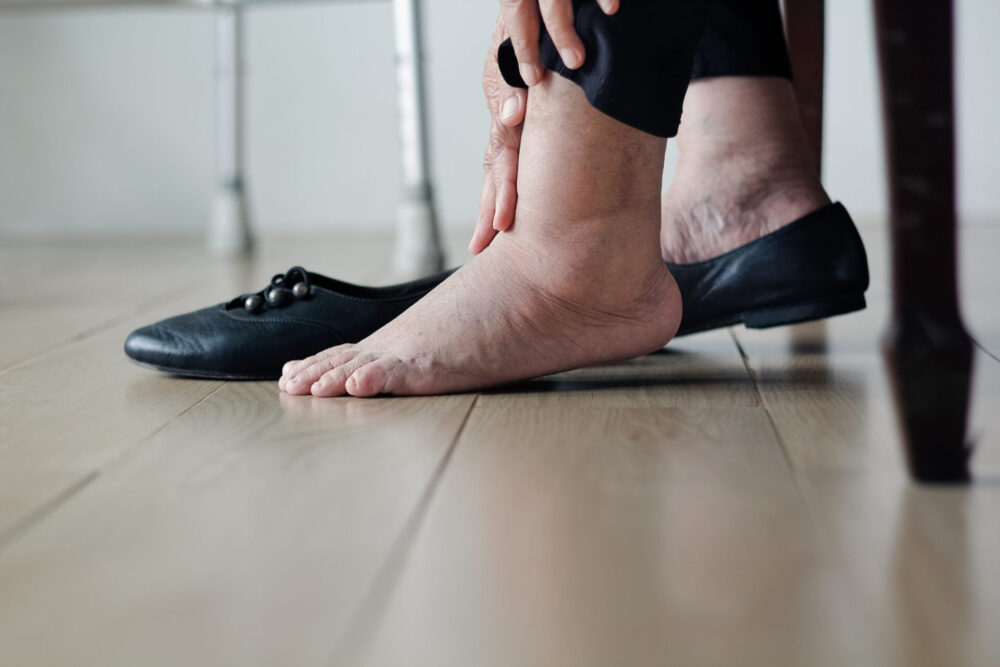An electrocardiogram (ECG) is a straightforward test that doctors use to check your heart’s rhythm, rate and electrical activity. Your doctor or cardiologist may recommend an ECG if they believe you might have a heart problem.
It is completely normal to feel nervous or anxious about the test. But understanding how it works and what you can do to prepare can put your mind at ease. Learn how to prepare for an ECG with Expert Cardiologist in our latest blog post.
How does an ECG work?
Your heart has an electrical system which an ECG can help to monitor. Cells within the heart’s electrical system create electrical impulses that then spread throughout your heart. These impulses help your heart beat at the right time and remain steady.
An ECG uses sensors attached to your skin to detect the electrical activity of your beating heart. Your doctor or cardiologist will stick 10 electrodes to your skin with an adhesive patch. The electrodes are then attached to wires connected to the ECG machine.
The machine records your heart’s electrical activity and prints it onto paper throughout the test as a visible waveform. Medical professionals can assess and diagnose cardiovascular conditions such as arrhythmias (a heartbeat that is too slow, fast or irregular) from abnormalities on the wave.
What to expect during an ECG
Once the small electrodes are stuck on your chest, arms and legs, recording your heart’s activity can begin. The electrodes pick up your heart’s electrical activity and show on the continuously printed waveform. You will need to remain as still as you can during the ECG because any movement can affect the results.
Typically, an ECG only takes a few minutes to complete and you shouldn’t feel any discomfort. The only potential mild discomfort can be the doctor removing the electrodes carefully from your skin.
To ensure you’re as comfortable as possible, wear clothing that’s easy to remove or undo so the doctor can easily place the electrodes onto your skin. Avoiding restrictive clothing can also help you to relax during the test. ECGs are non-invasive so you can go home soon afterwards.
Preparing for an ECG
It is completely normal to feel anxious before having any kind of heart test, but knowing how non-invasive an ECG is can give you peace of mind. Feeling worried before your test can interfere with your results, so take good care of yourself before your appointment.
Stay well-hydrated before your ECG and do your best to get a good night’s sleep — both will help you to feel ready for the day ahead.
Do not use any skin oils or lotions before your ECG because it can make the adhesive on the electrodes less effective.
If you have any questions about what you can and cannot do before your ECG, contact us at Expert Cardiologist and we will be happy to answer them.
What to avoid before your ECG
Before you have your ECG, avoid drinking anything caffeinated and smoking tobacco. They can increase your heart rate, resulting in inaccurate results on the waveform.
Your heart rate needs to be as close to ‘at rest’ as it can be, so you must also avoid rigorous physical activity beforehand.
After the ECG
Once the ECG is complete, the operator will remove the electrodes from your skin. Although removal can sometimes feel slightly uncomfortable, it will not cause significant pain.
Having an ECG normally requires no aftercare or recovery time because it is non-invasive. You can return home immediately and continue your regular activities unless your doctor advises against it.
Potential ECG risks
ECGs are extremely safe cardiovascular tests but there are potential rare complications from skin irritation to an allergic reaction to the electrodes’ adhesive. If you feel any burning or itching from the electrodes, tell the cardiologist so they can determine if you are reacting to the adhesive.
If you experience severe chest pain during the ECG, tell the cardiologist immediately so you can receive medical help.
Follow-up appointments and interpreting the results of your ECG
Your cardiologist may make a follow-up appointment to discuss your results and confirm any treatment plans.
The results of an ECG can be used to detect:
- Arrhythmias
- Heart defects, such as an enlarged heart
- Electrolyte imbalances
- Coronary artery disease
A qualified cardiologist must analyse your ECG results because they can provide an accurate, definitive diagnosis. At Expert Cardiologist, Dr Karagiannis will interpret your ECG results and share them with you before creating a personalised treatment plan to meet your needs.
Prioritising your heart health is essential to safeguard your future. An ECG with Expert Cardiologist provides an accurate diagnosis and personalised treatments, supporting you on your healthy heart journey.
Book an ECG with Expert Cardiologist today and receive the expert care of Dr Karagiannis.
Request A Call Back
Please fill in the contact form and we will call you back at a time most convenient for you.
RECENT POSTS




